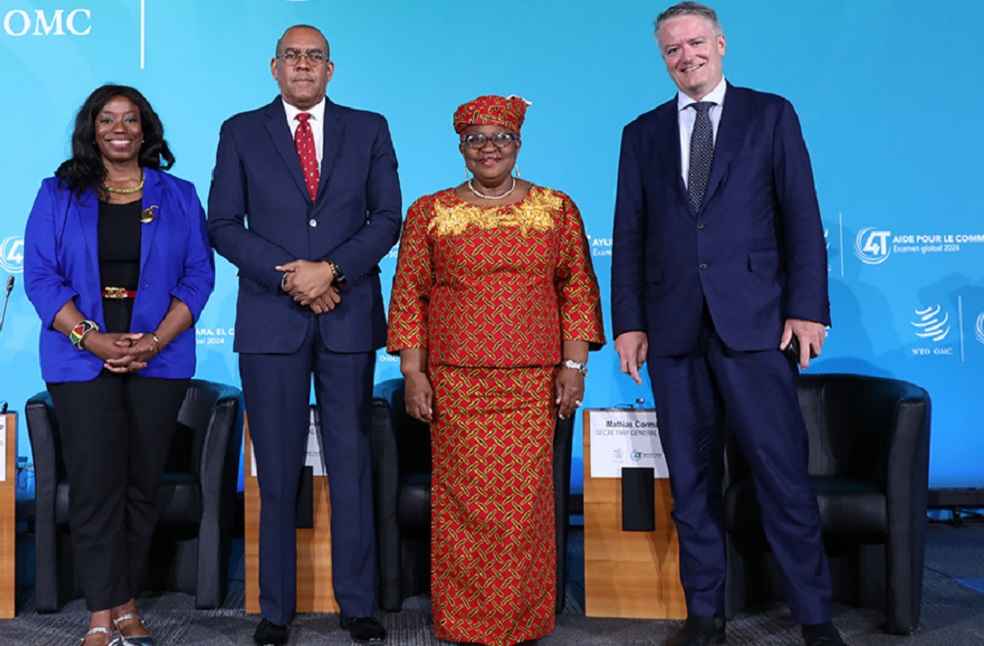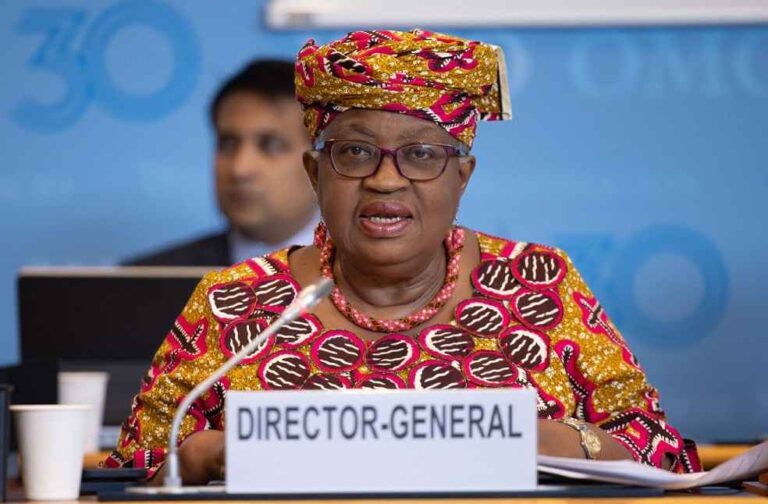The World Trade Organization (WTO) was established in 1995 to promote global economic growth through lowered tariffs and increased market access. Its foundation rests on two key principles: reciprocity, where countries provide equivalent market access, and non-discrimination, ensuring that products from all countries are treated equally.
Despite initial success, the early 2000s saw growing dissatisfaction with the WTO as trade imbalances and protectionism led to disputes and even trade wars. The concept of “terms of trade” (ToT), measuring the balance of a country’s export and import prices, has become crucial in assessing the fairness of trade agreements.
For instance, when China joined the WTO, it implemented tariff cuts while other members reduced tariffs on Chinese products. If China’s ToT worsens due to these cuts, it indicates that China is granting more concessions than it receives.
The WTO’s role is to coordinate tariff reductions across its members to avoid a “prisoner’s dilemma,” where countries might otherwise raise tariffs for short-term gains but ultimately harm global trade. However, recent years have seen a growing imbalance in concessions, particularly between the United States and China. This imbalance is largely due to trade deficits, with the U.S. extending more concessions to China than it receives.

Professor Chang’s research highlights that in a hypothetical scenario of balanced trade, where each country imports as much as it exports, the imbalance in concessions between the U.S. and China would be significantly reduced. However, the real-world trade deficit has led to the U.S. making more significant concessions.
Chang’s analysis of 38 WTO member countries from 1995 to 2018 shows that the U.S. is the largest net contributor to the WTO system. China, despite its economic growth, has also become a significant contributor, often incurring ToT losses.
As trade imbalances continue to challenge the WTO’s effectiveness, there are calls for a more balanced approach to global trade agreements. Without adjustments, the current system may struggle to maintain stability, as illustrated by growing dissatisfaction among major WTO members.
METAL WORLD | African Gold Smuggling Surge: Billions Funneled Through Dubai Annually



